Paying back our debt to the most exploited communities in the COVID-19 crisis period
Mar 16, 2021
Story
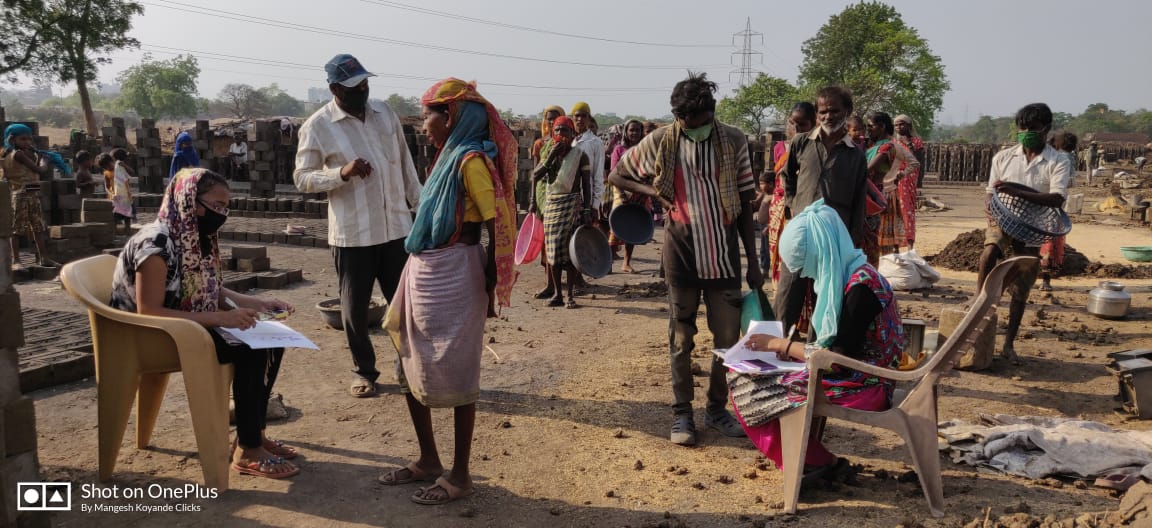
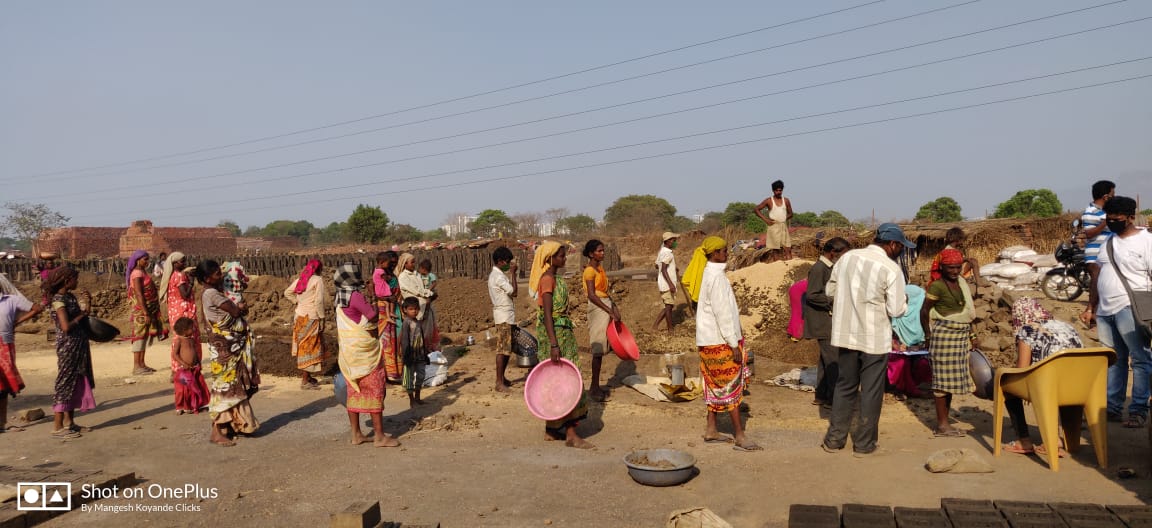
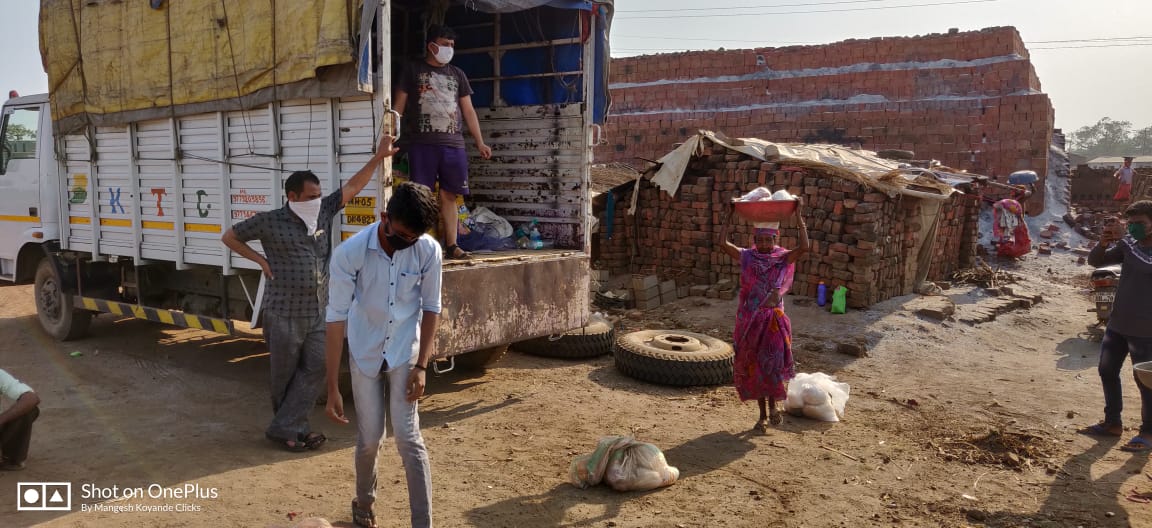
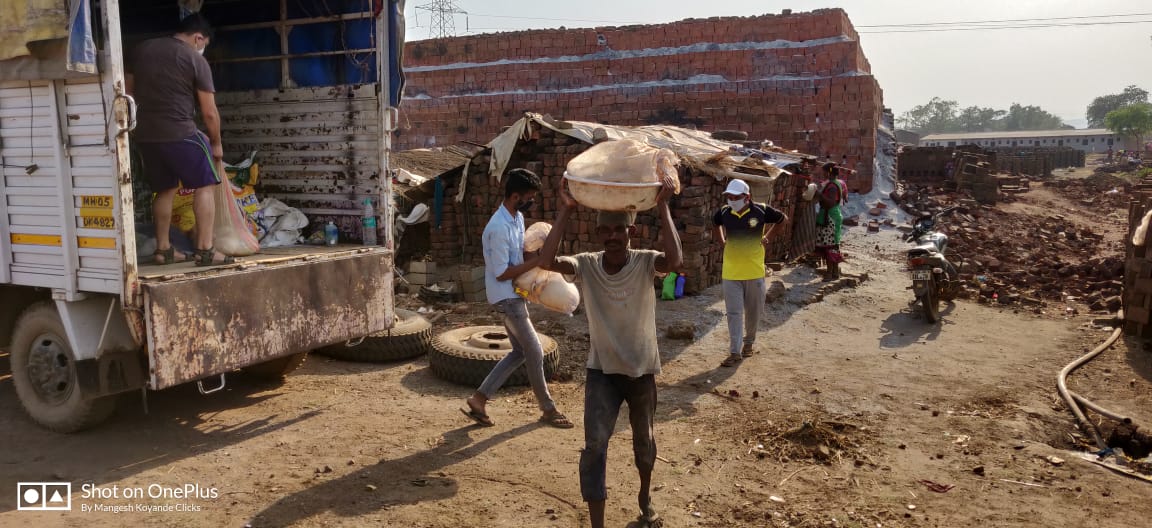
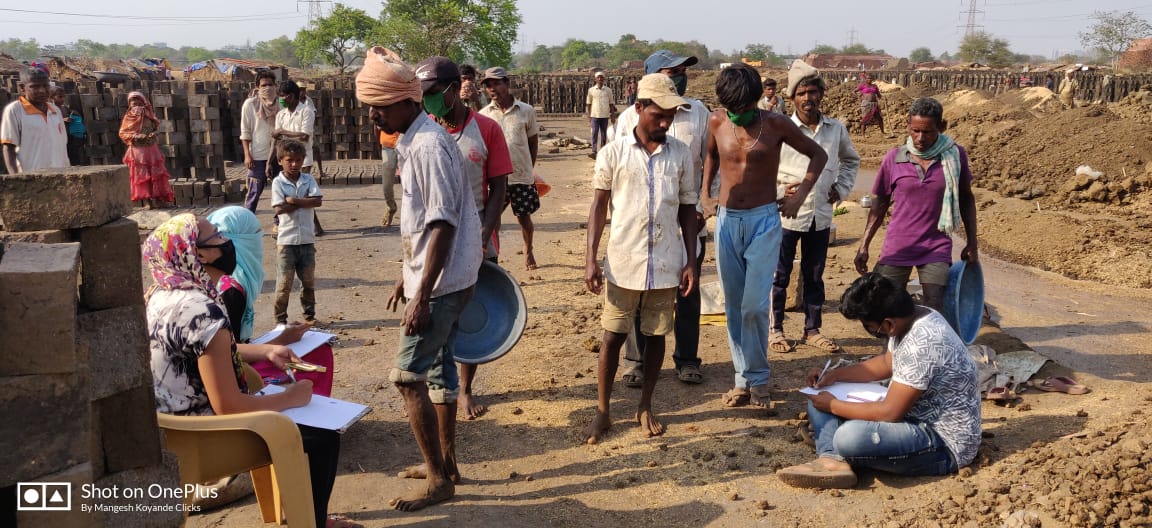
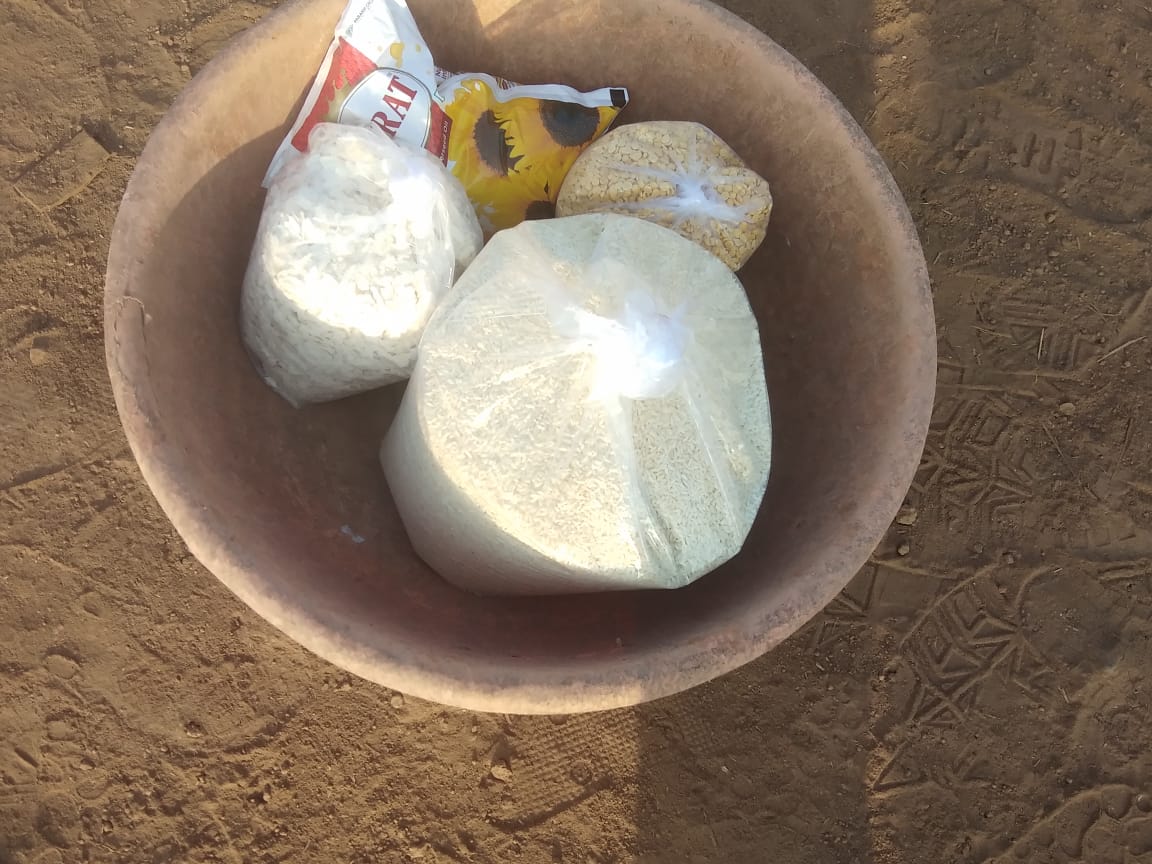
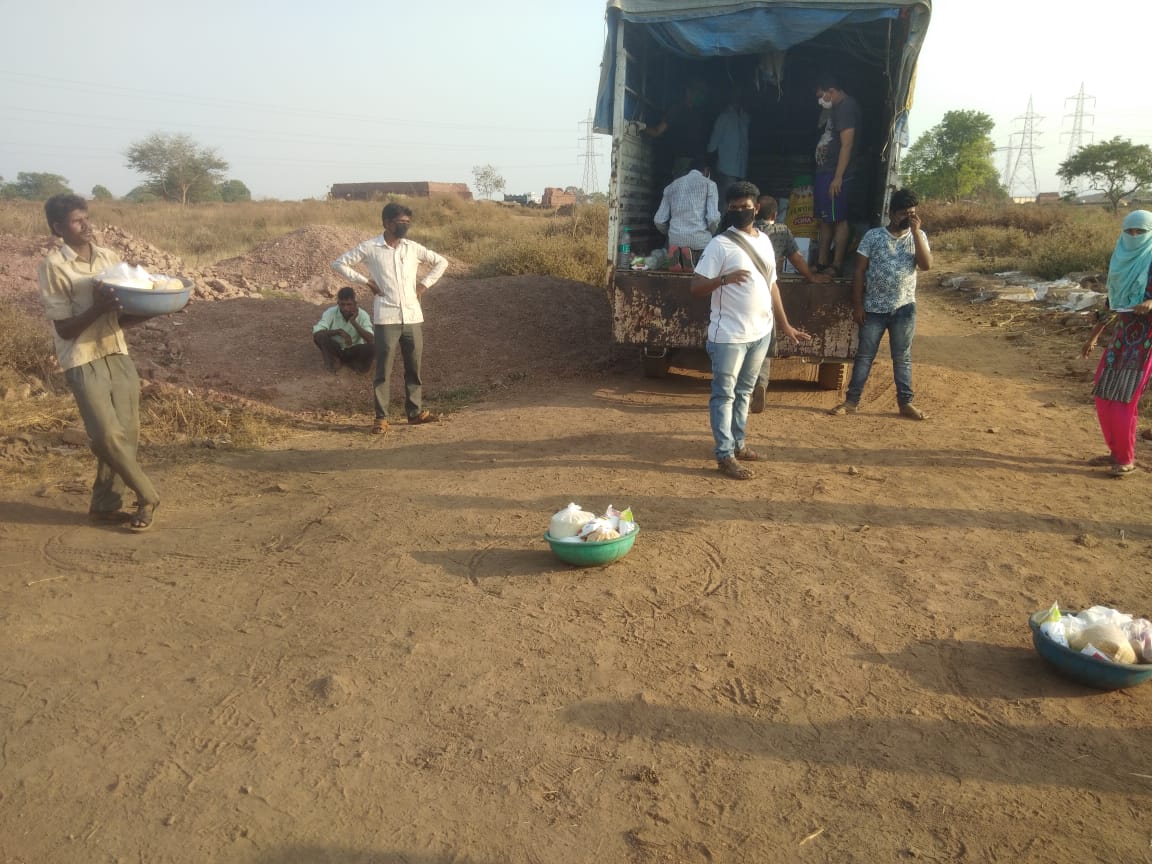
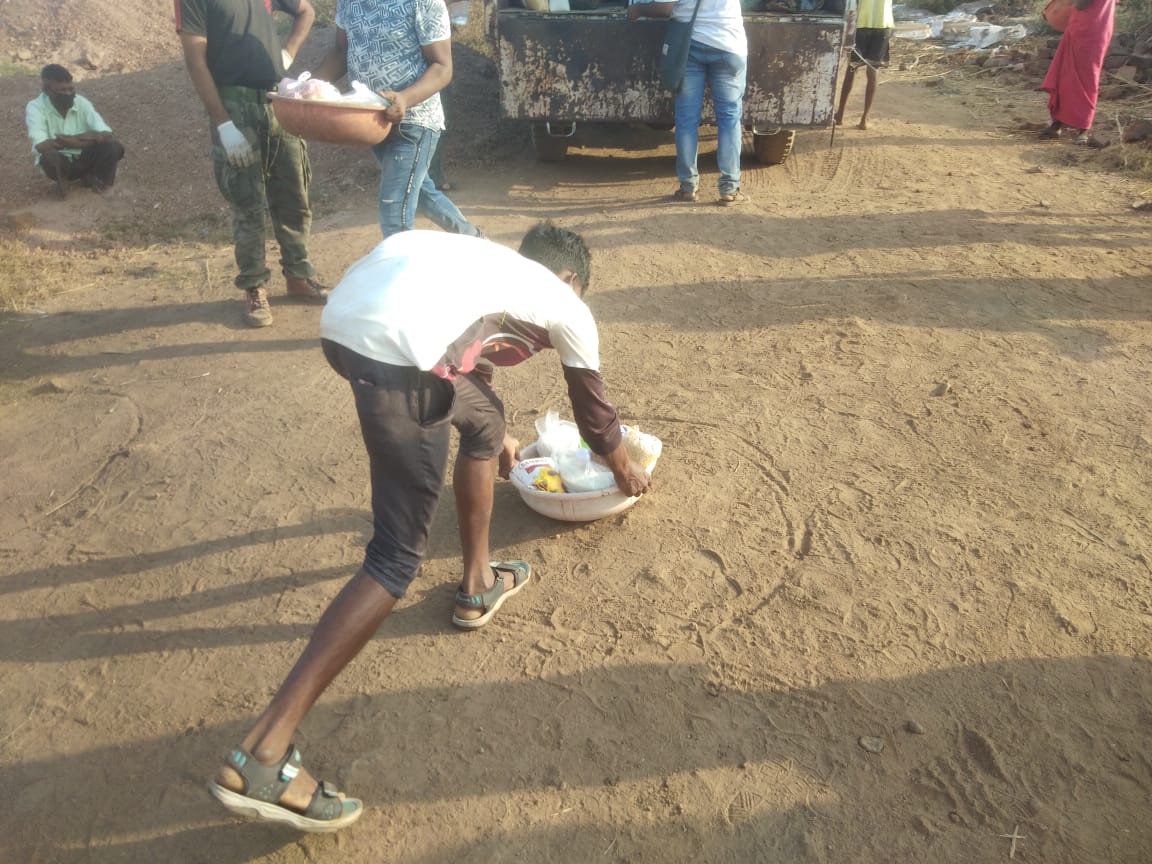



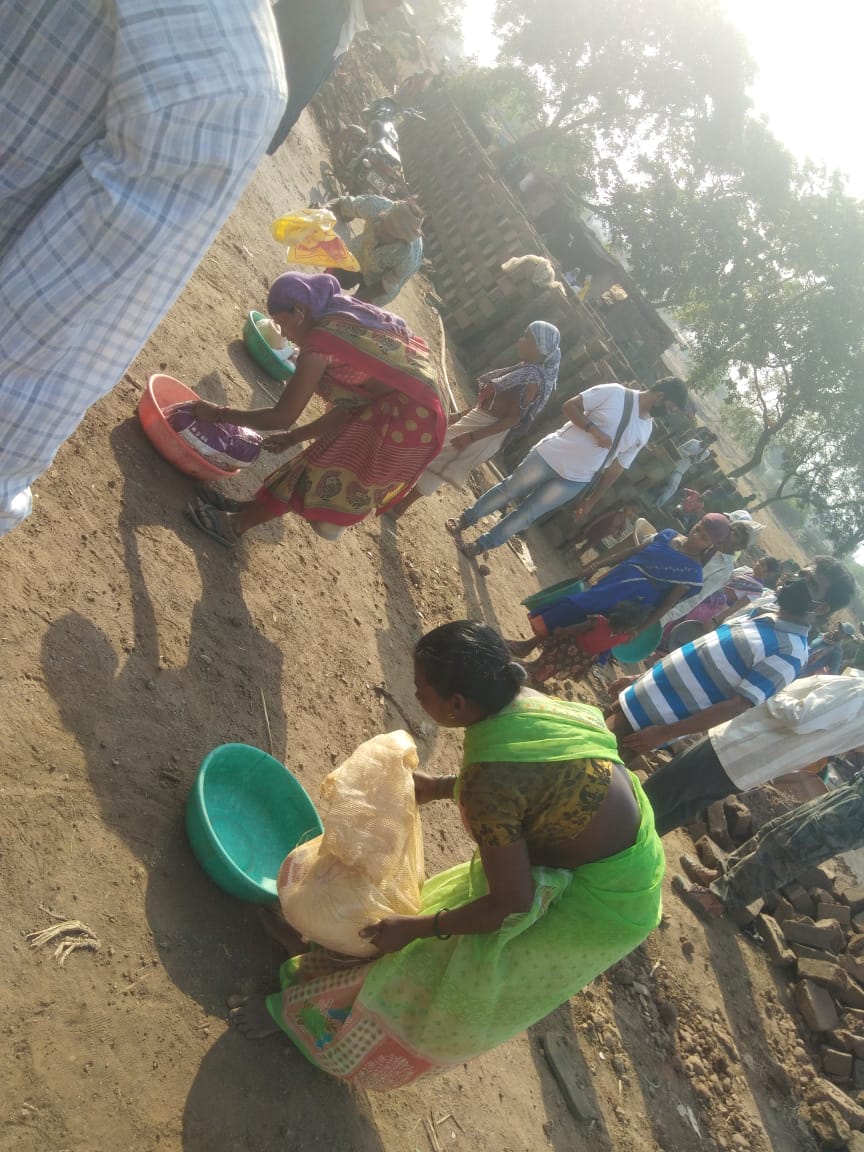
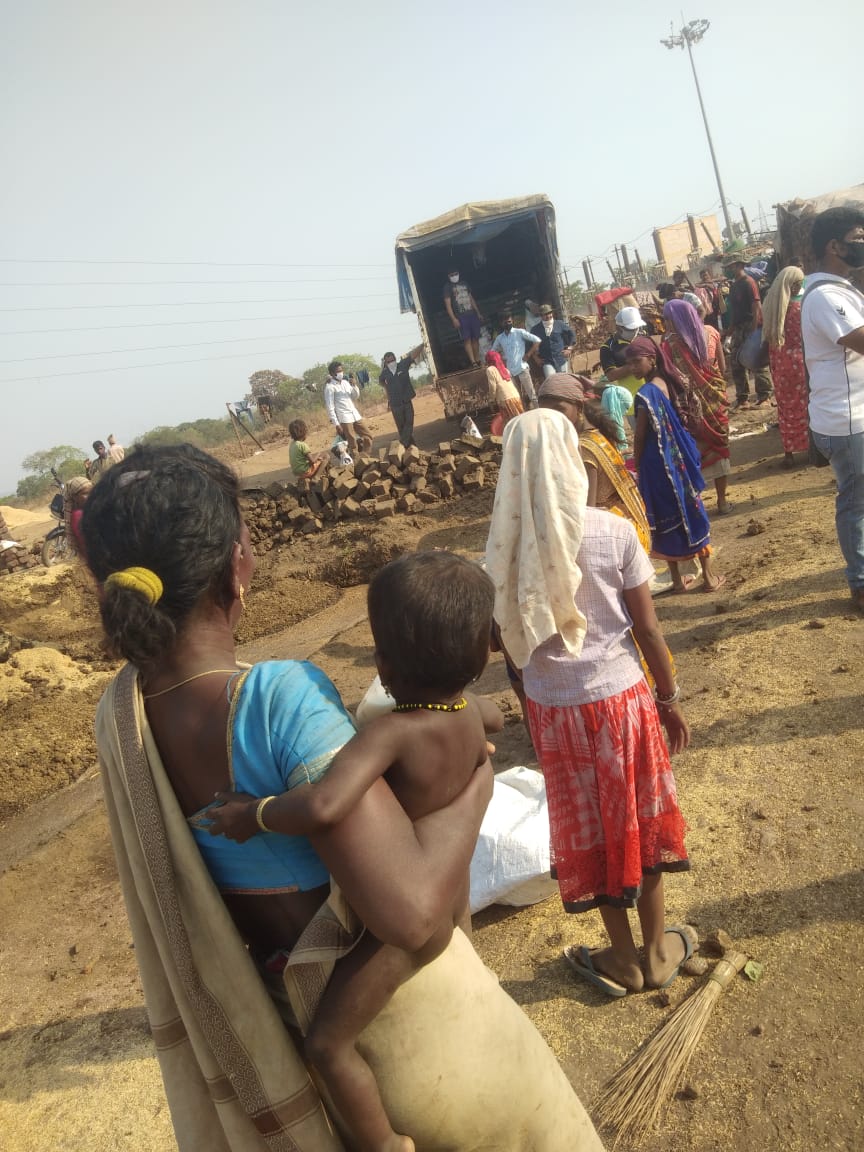
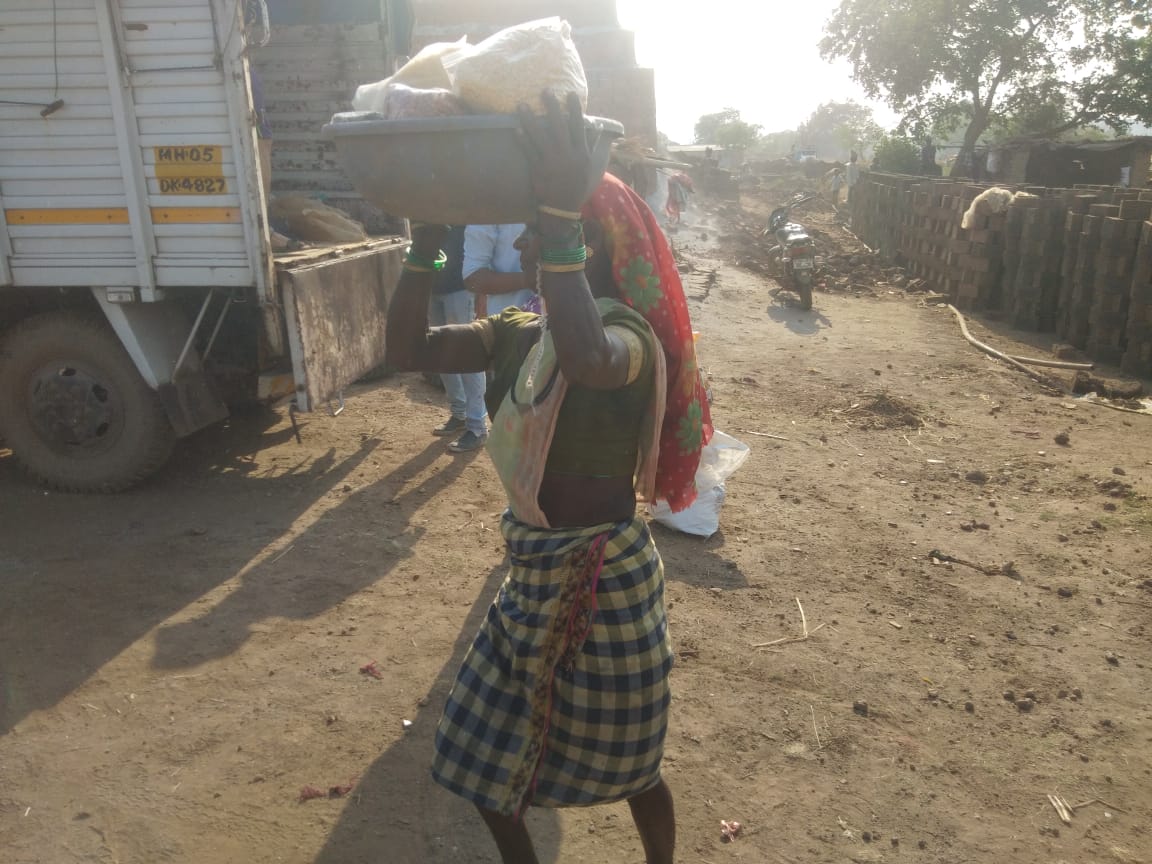

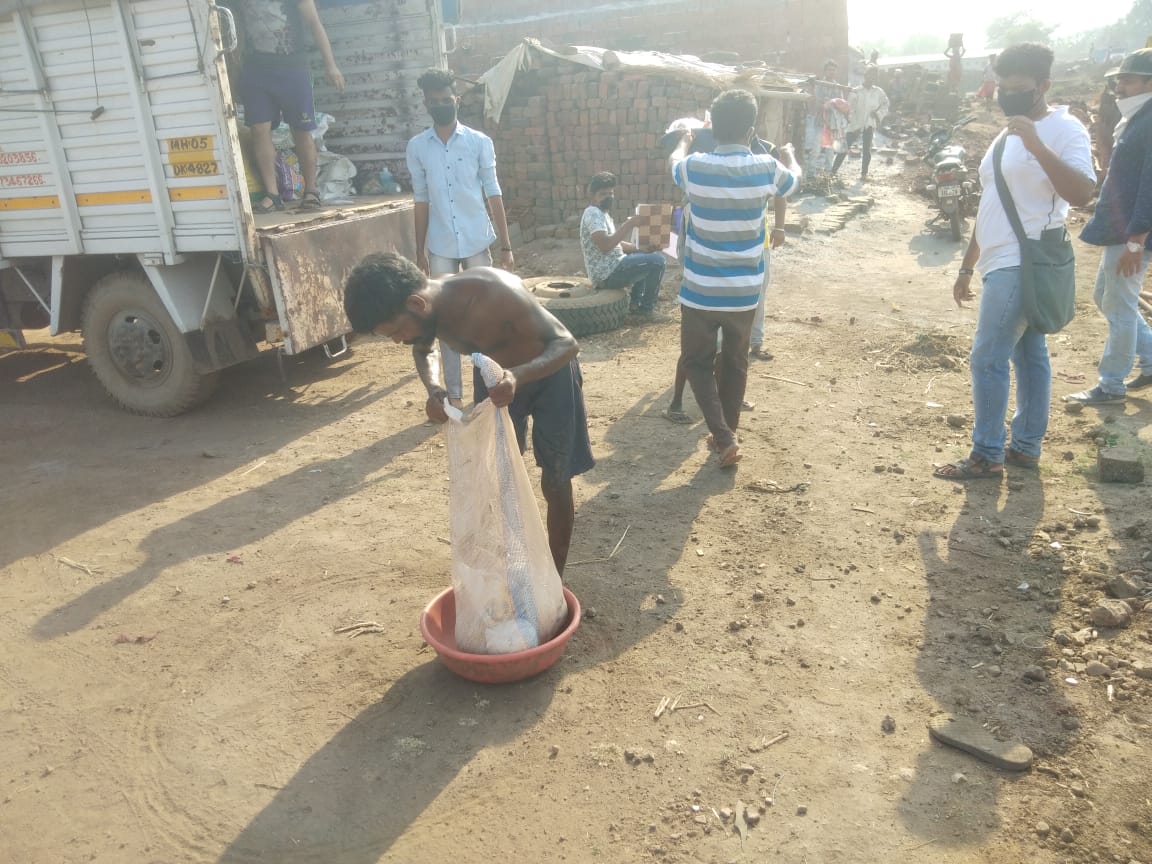
About a week ago, a 21-day lockdown was announced in India, as a measure to curb the spread of the COVID-19 virus. While the local and state administrations are working round the clock trying to work out the logistics of such a lockdown of 1.3 billion people, many activists and NGOs like us started worrying how we will survive such a period financially.
Daily wage workers, migrant laboures, Nomadic Tribes, adivasi (tribal) families, households headed by disabled persons, etc. have no fixed income and almost no savings. Another very vulnerable group are sanitation workers who come from the poorest backgrounds. They are risking their lives everyday since the lockdown working overtime to clean & disinfect our cities and villages. All of these communities have been historically exploited by mainstream society - and even now, they are the ones bearing the brunt of the pandemic. We strongly state that our relief work being carried out right now is nothing but a very small effort to pay back a tiny part of our debt to them.
As all work had closed down since even before the official lockdown, we immediately started assessing the short and long-term impact on these groups.
Firstly, volunteers and team members were trained on an immediate basis to start on-call counselling with the youth, women and clients of our programs - this was highly necessary with the panic spread by false or lack of information. Along with counselling, we dived headlong into relief work - which we have never done before but we realized we must do to ensure survival.
Since movement had been restricted, most of us could not leave our localities to carry out the assessment and start relief work. Therefore, we mobilized our team members and youth leaders who live in the communities where we work. They were trained on the phone on doing needs assessment, sourcing ration, and distributing the same while taking precautions against the COVID-19 virus. This was not an easy task for the youth; relief work is fraught with social and political challenges, along with an emotional challenge since the supply is always much less than the demand in face of the surging need of hundreds of families who are all vulnerable to various extents in communities.
With constant coordination on the phone, a team member in Ambivali and youth leaders in Dombivali - suburbs outside Mumbai in Maharashtra state, have till date reached over 130 of the most vulnerable families who work under the most trying conditions, eg. in brick kilns, as construction workers, blacksmiths, etc. Even on a 'normal' day they lead a life of abject poverty and vulnerability. They also majorly belong to the most deprived rungs of Indian society - the nomadic tribes, adivasis, and oppressed castes.
Simultaneously, we started reaching out to even more vulnerable families across Maharashtra state. I am myself from a nomadic tribe and have closely seen and continue to see the terrible struggle of my people who have been branded 'criminals' by the erstwhile British rulers as revenge for having risen up in rebellion against them. This stigma has still not left our nomadic tribe communities. The fact that I am one of the first and very few post-graduates from my entire community from the whole of India - speaks loudly about our condition. Majority of these tribes are currently struggling to still complete primary education - where other mainstream society has been aspiring and attaining doctorates and other higher education since generations.
I, with help from local contacts in villages across Maharashtra, started reaching people most in need. Asking for documents, photographs, bank account details - from families who don't even have a phone - and screening of all the above for authenticity has become a 24x7 job. Till date we have reached over 100 families across 8 districts - reaching about 600 people with financial aid to tide over these extremely distressing times.
It is close to impossible for me to share stories of these people - the backwardness of their situation in this 21st century is more than is possible for me to describe right now. Photographs will perhaps suffice to show their situation.
Last but not the least, our regular program participants - youth, women and clients - who are themselves from families struggling to get food and essentials have also been reached with direct bank transfers to help them tide over this difficult period. About 30 more families have thus been reached.
We truly thank Mariwala Health Initiative for supporting these initiatives with a very generous grant without which this work would have been possible. Their partnership is not just that of a donor but very much that of a co-activist.
We also thank our individual donors who have come forth with generous support. We however need to continue to fundraise; the need is incredibly huge, with already vulnerable families being pushed beyond existence and more and more people forced into abject poverty, as livelihood remains closed day after day.
For anyone wishing to donate, please message me or Indian donors can use this PayU link.
All Indian Donations to Anubhuti Charitable Trust are tax exempt under section 80G of the Income Tax Act, 1961.




